In the rapidly evolving landscape of digital marketing, Artificial Intelligence (AI) is playing an increasingly pivotal role, transforming how content is created, optimized, and delivered. The integration of AI in digital marketing is not just a trend but a significant shift that promises enhanced efficiency and highly targeted content strategies. As AI technology continues to mature, it is essential to explore its profound impact on content creation and overall digital marketing strategies.
AI in digital marketing is redefining traditional methods, making campaigns more efficient and results more accurate. AI-driven tools analyze vast amounts of data to identify trends and consumer behavior, providing insights that drive strategic decisions. This capability allows for more personalized marketing, which is key in engaging customers more effectively.
Artificial intelligence content creation tools are transforming how brands create content. AI writing tools such as OpenAI's GPT-3 offer capabilities ranging from drafting articles to creating complex reports that would typically take humans considerably longer to produce. This not only speeds up the content creation process but also helps maintain a consistent voice and style across all marketing materials.
AI content tools leverage machine learning algorithms to generate ideas, suggest content improvements, and even predict the effectiveness of content before it goes live. This aspect of digital marketing automation ensures that the content is not only high-quality but also aligned with the audience's preferences and behaviors.
AI's impact on SEO cannot be overlooked. AI and SEO together make a formidable pair, where AI helps in understanding search patterns and optimizing content accordingly. This synergy leads to improved search engine rankings and better visibility, driving more organic traffic to websites.
Case Studies: Real-world Applications of AI in Marketing
1. Prudential’s Partnership with Google Cloud: Recently, Prudential announced a strategic partnership with Google Cloud aimed at revolutionizing the insurance sector through AI innovations. This collaboration highlights the potential of AI in enhancing decision-making processes and personalizing customer experiences in insurance.
2. Empowering Indonesian Organizations: AI innovation is key in propelling business growth in various sectors across Indonesia. Organizations are adopting AI technologies to streamline operations, enhance customer service, and drive marketing strategies that resonate well with the local demographics.
3. AI in 3D Printing: The 3D printing sector is leveraging AI to enhance its software and services. Predictions suggest significant growth in this market from 2024 to 2031, driven by AI-powered optimizations that streamline design processes and improve material efficiency.
4. OKX’s Technological Advancements: The recent inclusion of ARKM, PIXEL, and BOME in OKX’s spot trading lineup, coupled with the launch of call auctions, demonstrates how AI technologies facilitate more dynamic trading environments.
Advantages of AI in Digital Marketing
The benefits of AI in marketing are manifold. AI technology helps businesses deliver more personalized customer experiences at scale, optimize budgets by targeting users more precisely, and gain insights from data analytics faster than ever before. These advantages lead to higher conversion rates and increased ROI on marketing campaigns.
Developing effective AI content strategies involves understanding the capabilities of AI tools and integrating them seamlessly into your content creation process. AI for content marketers isn't just about automation; it's about creating a synergy between human creativity and machine efficiency to produce impactful content that drives engagement.
Machine learning algorithms play a crucial role in understanding user preferences and delivering content that matches these preferences. By analyzing user interaction data, machine learning models can predict trends and suggest content adjustments in real-time.
AI content optimization involves using AI tools to fine-tune the content based on predicted performance. This ensures that each piece of content not only appeals to the target audience but also meets search engine criteria for better SERP rankings.
Looking ahead, AI-driven content marketing is set to become the norm. With continuous advancements in AI and machine learning technologies, the potential for creating highly personalized, engaging, and effective content is boundless.


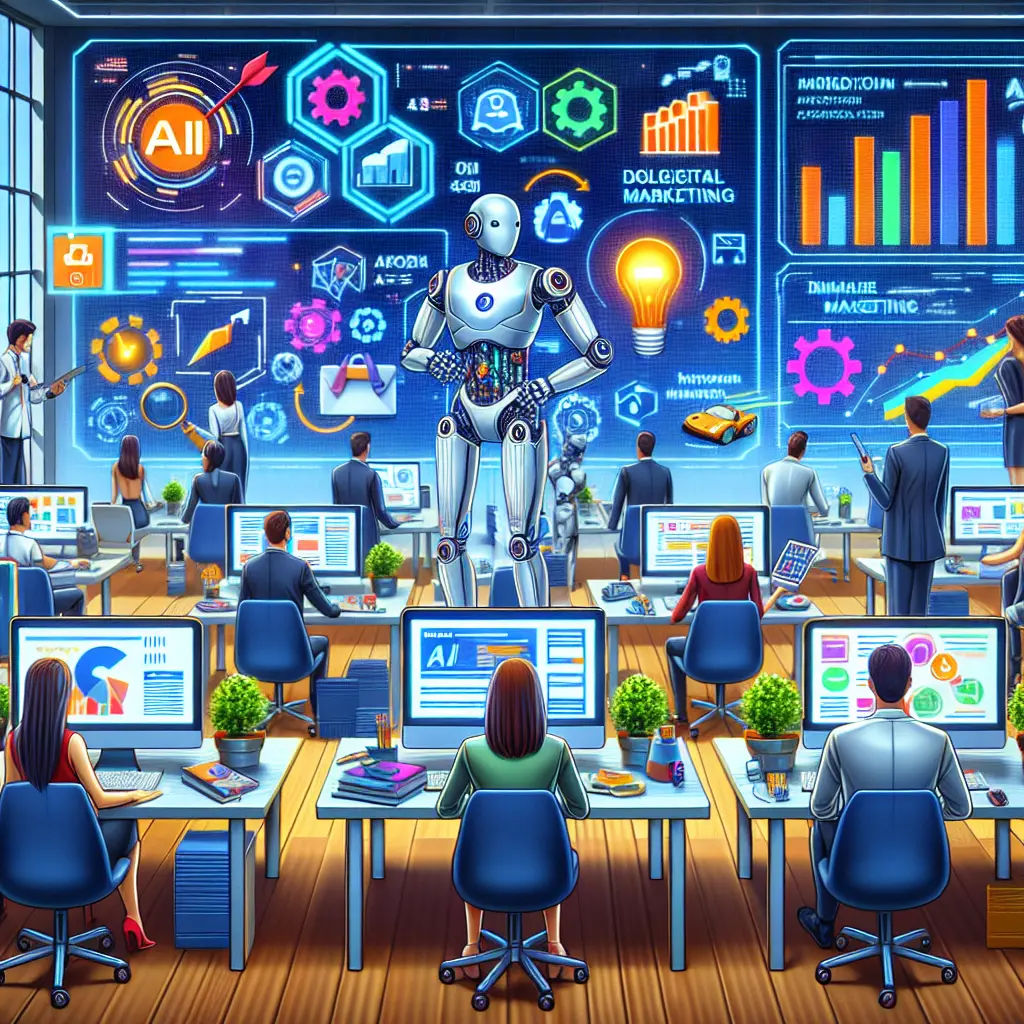

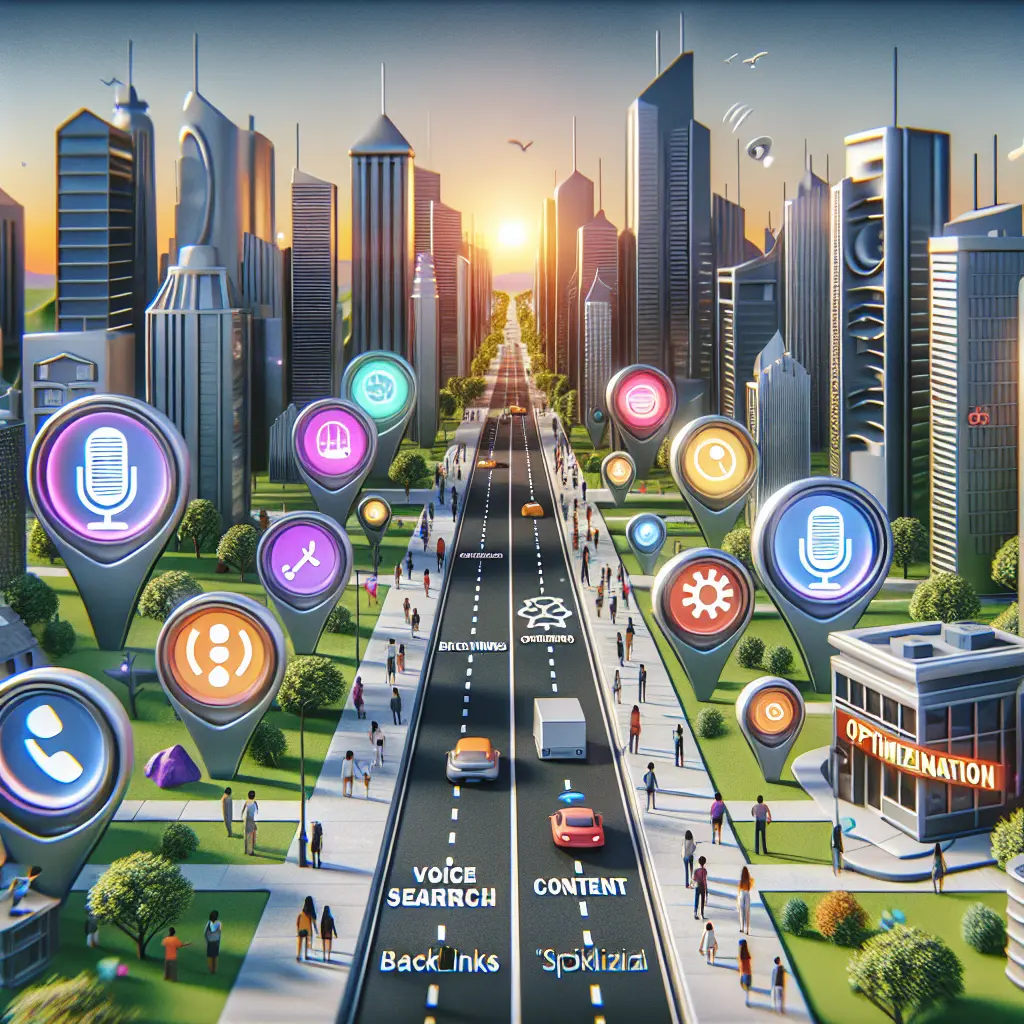
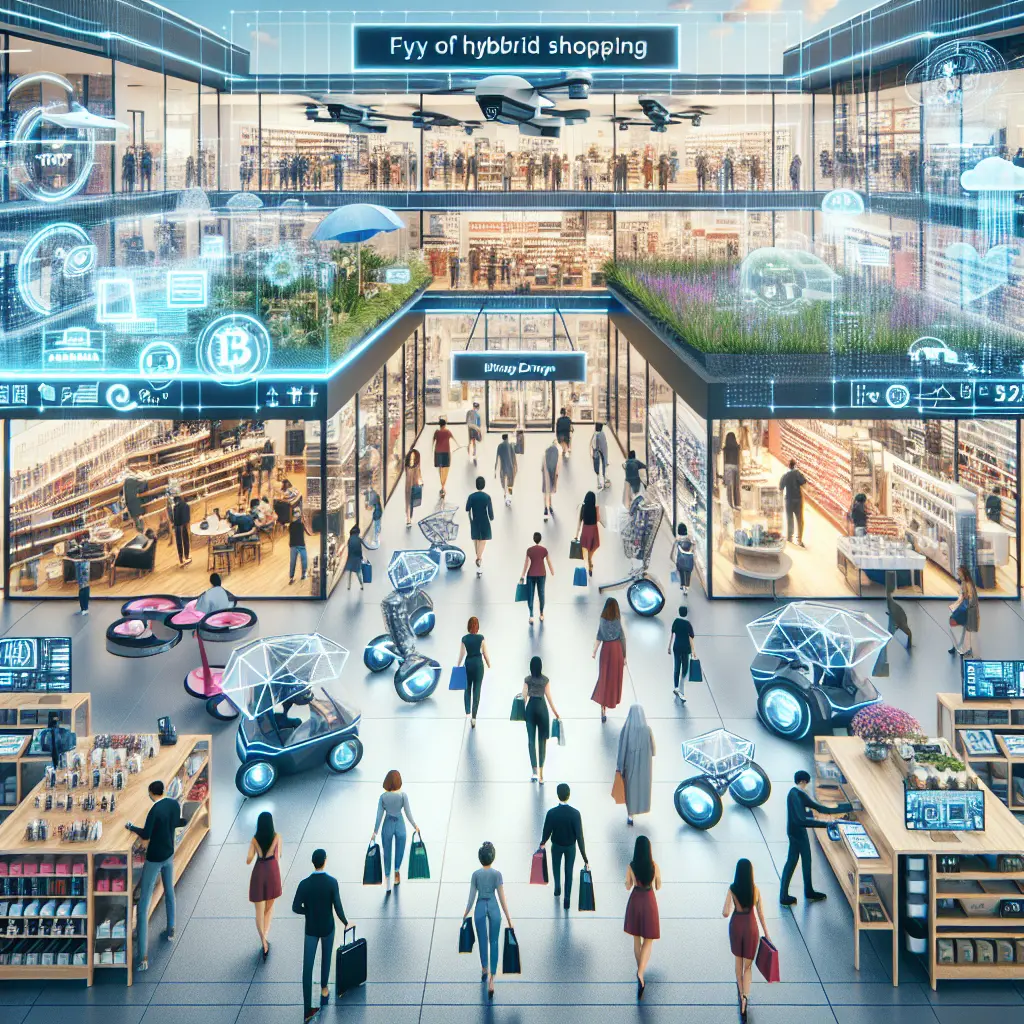
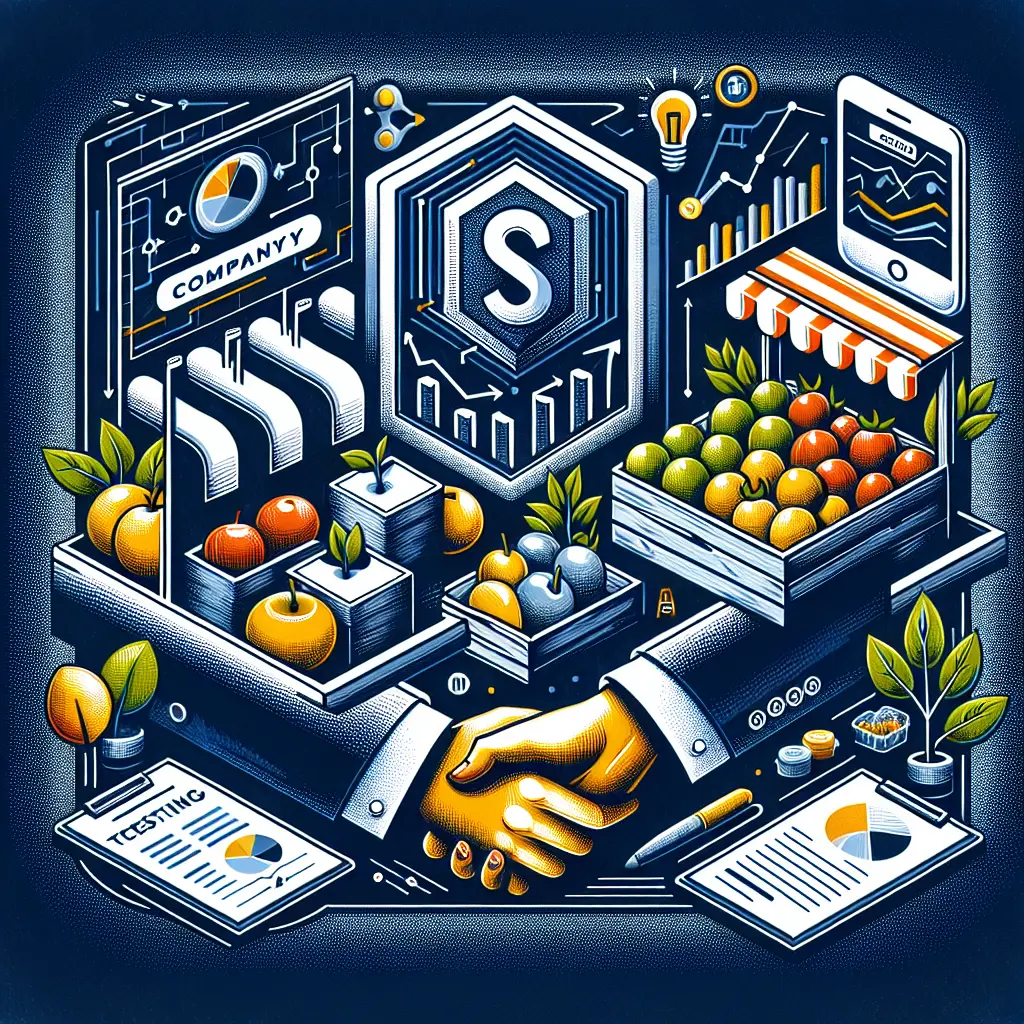
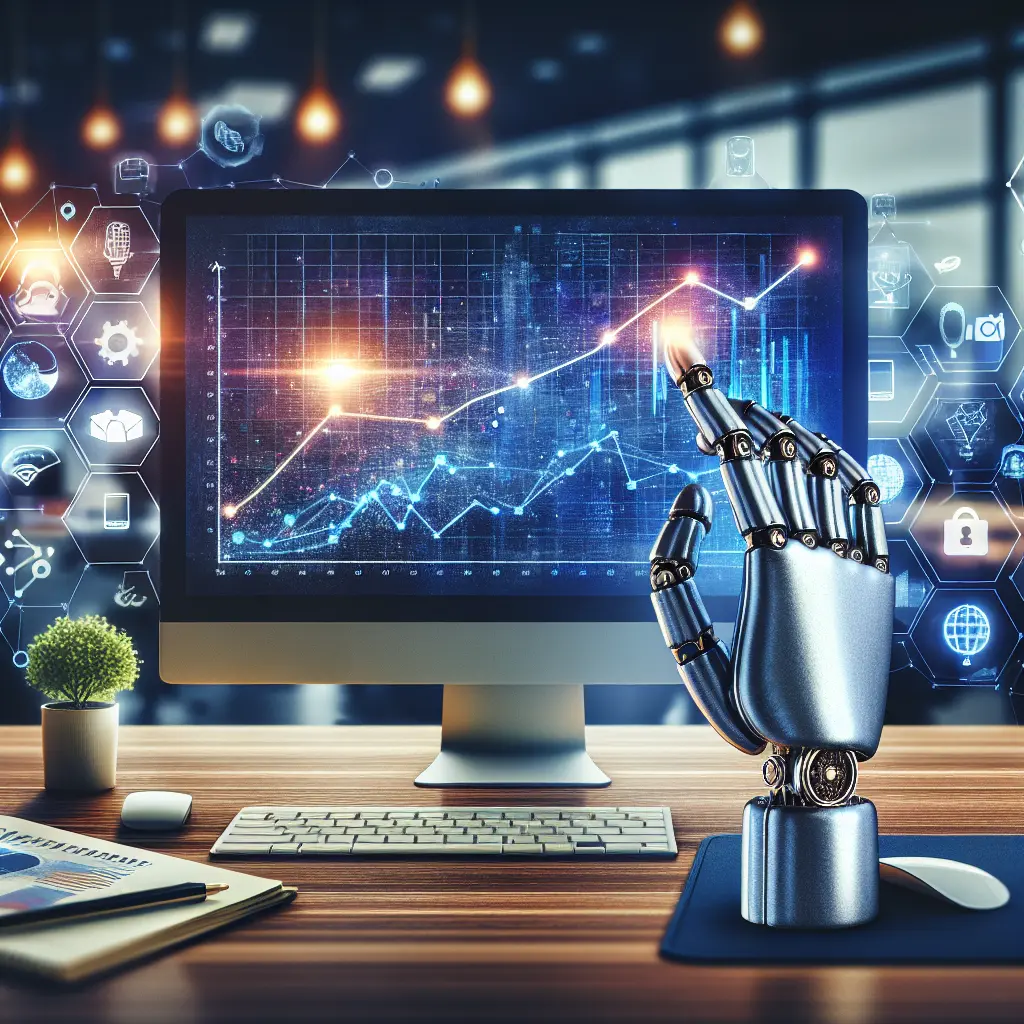
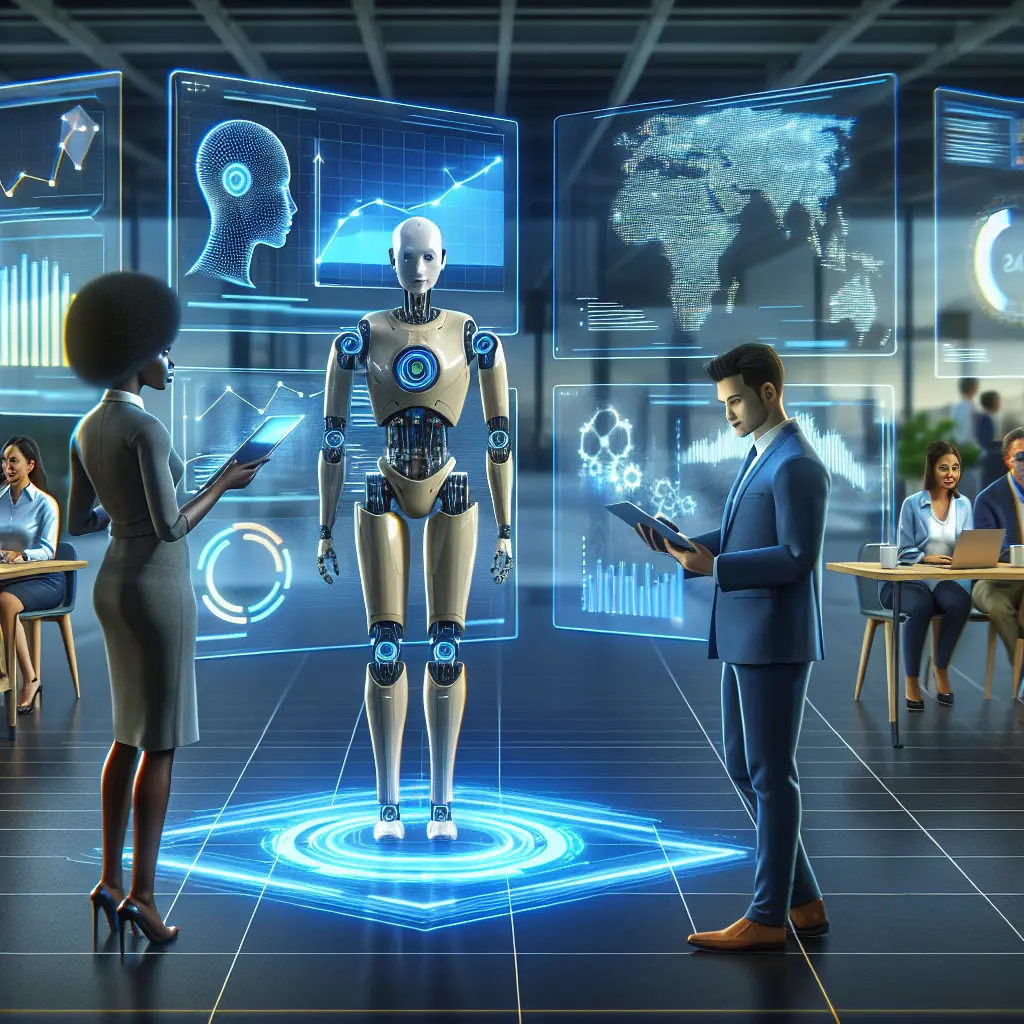
Leave a Comment